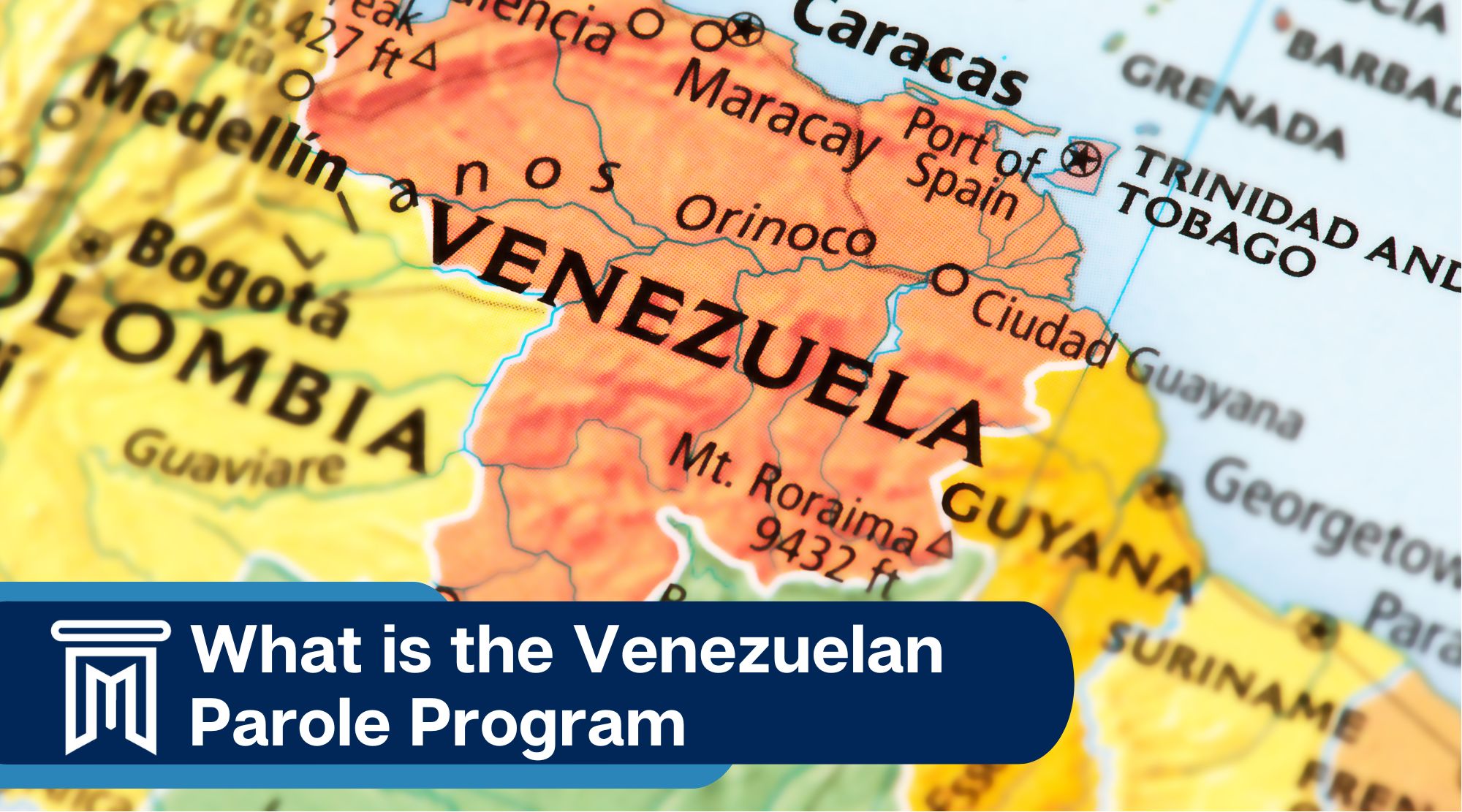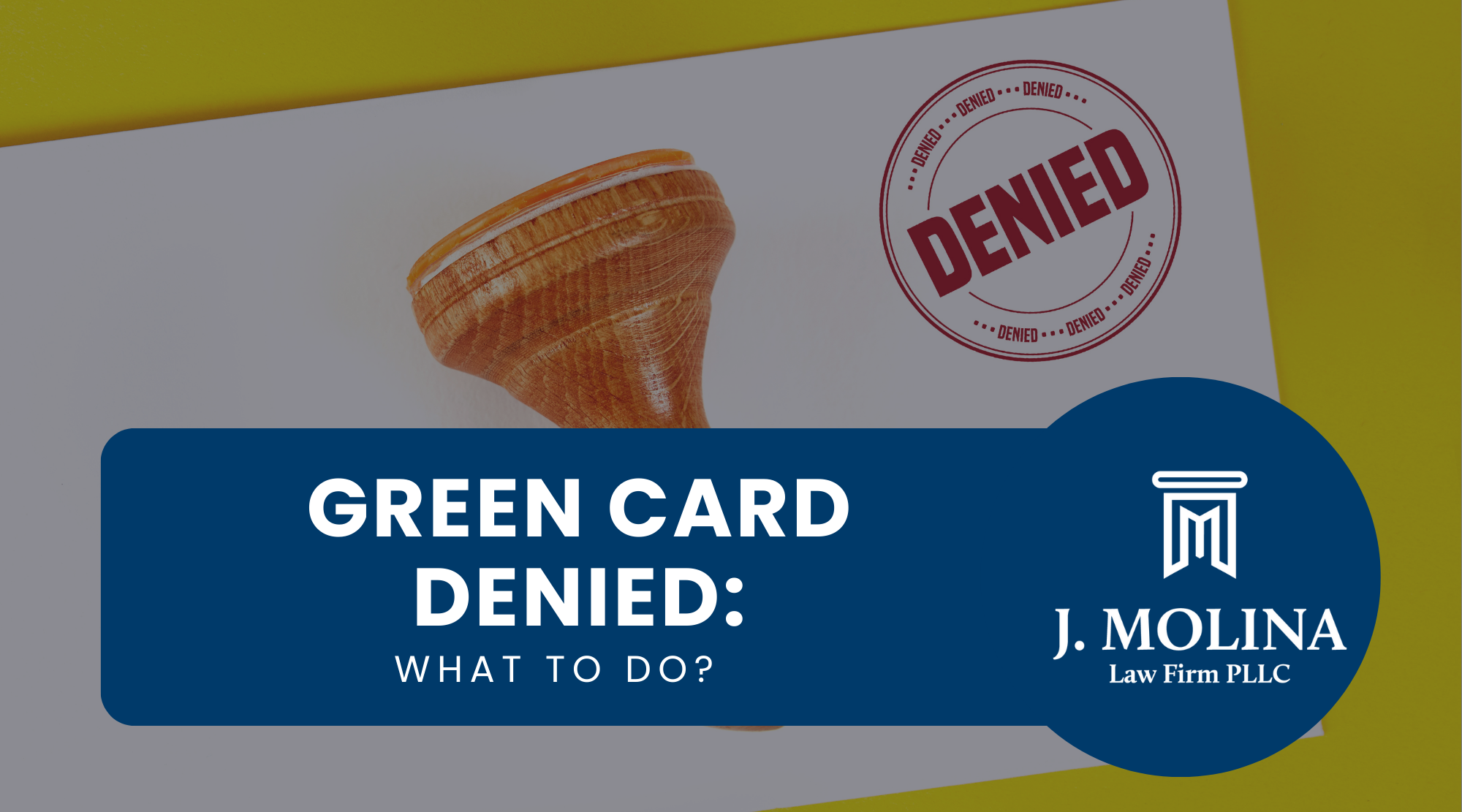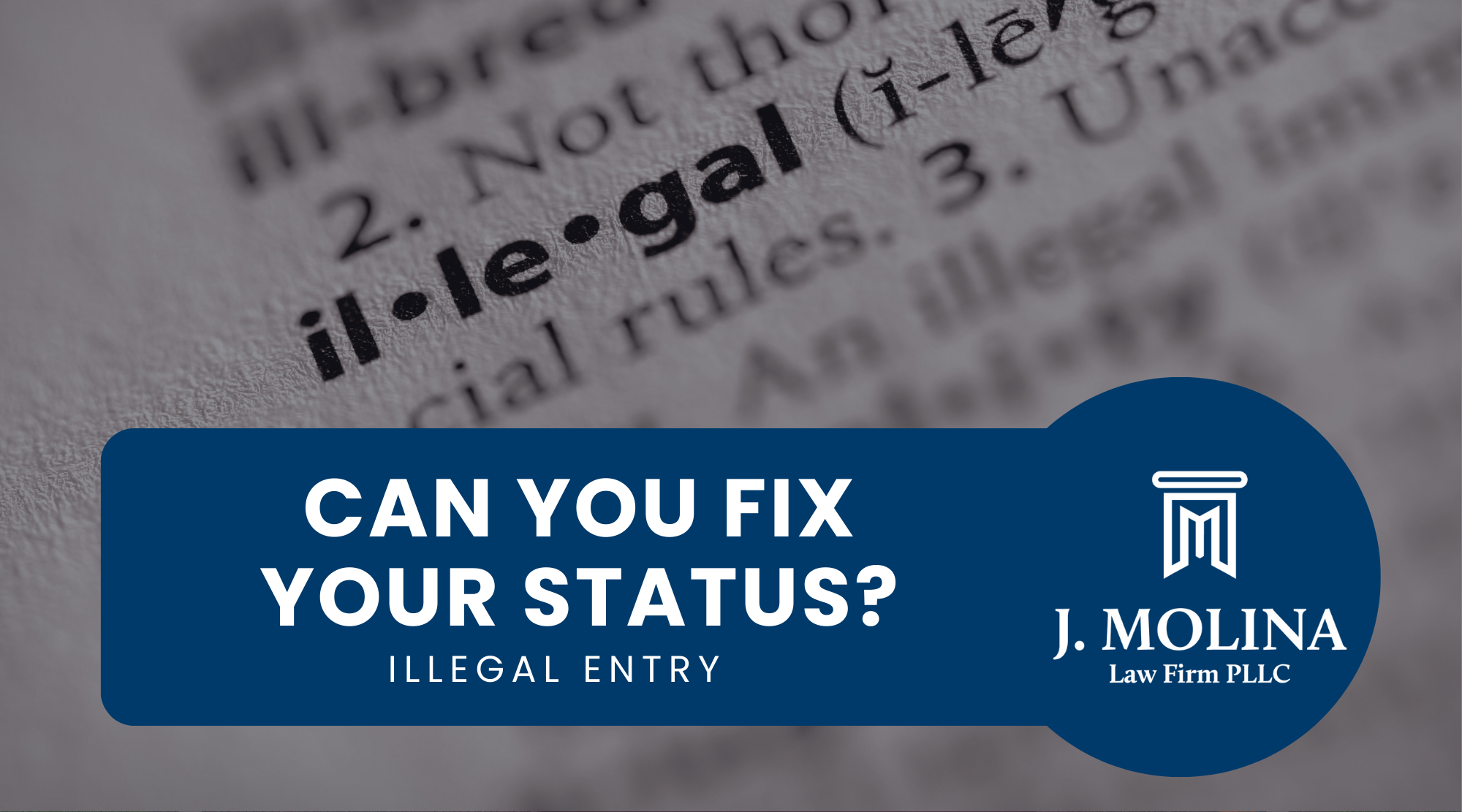On October 19, 2022, USCIS announced and registered a new program for Venezuelans, known as the Venezuelan Parole Program. There is no filing fee for this process, and it is completed online. This program has only 24,000 places for Venezuelans, and it is presumed to be first-come, first-serve.
Who can be eligible for this process? The following is a non-exhaustive list of considerations to be eligible for the Venezuelan parole.
- The beneficiary must have a sponsor for this process.
- The Venezuelan beneficiary must be outside the United States.
- If the beneficiary is under 18, they must travel with a parent or legal guardian.
- The main beneficiary cannot have dual citizenship, live permanently in a country other than Venezuela, or be a refugee in another country.
- They must also comply with all national security requirements, including vaccination requirements.
- Not have been deported or removed from the U.S. in the last five years; not have an active inadmissibility bar based on an old removal order.
- As of October 19, 2022, the beneficiary must not have illegally entered the U.S. through Port of Entries (POE), Mexico, or Panama.
Other considerations for the beneficiary:
- If the parole is granted, the person must come to the U.S. and pay for their own commercial air travel to an internal POE.
- The recipient must have a valid passport that has at least five years left before it expires.
- Venezuelans who are already living in the U.S. do not qualify.
- Venezuelans living in Colombia with a temporary protection permit are eligible for this process.
- Spouses living outside the U.S. with a pending I-130 can also apply, and the beneficiary can apply even if they have a B1/B2 visa.
- The Venezuelan beneficiary’s spouse and unmarried children under age 21 are considered immediate beneficiaries.
What does the sponsor need to do?
Any U.S. citizen or legal resident can sponsor. If a TPS holder or asylee have been granted legal status in the U.S., they are qualified for eligibility to sponsor. They will need to file Form I-134.
Form I-134 shows the sponsor has enough income and resources to finance the beneficiary’s stay in the U.S. Sponsors need to describe their relationship to the beneficiary in the application, even if they are not related. A sponsor can support multiple beneficiaries if they can do it financially and must complete one form per beneficiary. Multiple people can sponsor a single beneficiary too. When the case is approved, the beneficiary will be notified they have a legal entry for 90 days to enter the U.S. and be eligible to apply for a work authorization. The period of parole will be up to two years but can differ based on CBP’s determination.
If you have questions or need help completing this process, contact a qualified attorney.



